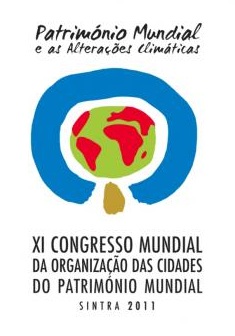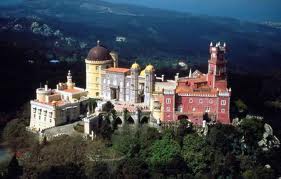- Ayrıntılar

The World Congress of the OWHC is a unique forum - held every two years, it brings together politicians and professionals who are committed to the preservation of historic cities, particularly those inscribed on UNESCO’s World Heritage List. Since the first meeting in 1991, this event has enabled participants to discuss topics of common interest, to share experiences, and to learn about new strategies for meeting the challenges associated with the conservation and management of World Heritage Cities.
The theme of the XIth World Congress is World Heritage Cities and Climate Change.
World Heritage Cities are vibrant living environments with cultural heritage of outstanding universal value. In the face of climate change, however, World Heritage Cities are among the most vulnerable places on Earth to experience rapidly occurring changes.The site-specific nature of climate change impacts make World Heritage Cities ideal laboratories for monitoring changes and testing adaptation and mitigation measures to enhance their socio-economic well-being while ensuring the conservation of their heritage.
 City governments are at the heart of the action. Having conserved their rich heritage over time, World Heritage Cities hold the keys to understanding long-term evolution of a place from the past and on to the future.As guardians of the world’s heritage, World Heritage Cities face an additional challenge - any action taken at these iconic places can attract considerable attention and influence the adoption of good management practices elsewhere. This XIthWorld Congress aims to create a platform for dialogue and exchange of state-of-the-art knowledge on the issue of World Heritage Cities and Climate Change and its transfer into policy and action.
City governments are at the heart of the action. Having conserved their rich heritage over time, World Heritage Cities hold the keys to understanding long-term evolution of a place from the past and on to the future.As guardians of the world’s heritage, World Heritage Cities face an additional challenge - any action taken at these iconic places can attract considerable attention and influence the adoption of good management practices elsewhere. This XIthWorld Congress aims to create a platform for dialogue and exchange of state-of-the-art knowledge on the issue of World Heritage Cities and Climate Change and its transfer into policy and action.
Read More








 City governments are at the heart of the action. Having conserved their rich heritage over time, World Heritage Cities hold the keys to understanding long-term evolution of a place from the past and on to the future.As guardians of the world’s heritage, World Heritage Cities face an additional challenge - any action taken at these iconic places can attract considerable attention and influence the adoption of good management practices elsewhere. This XIthWorld Congress aims to create a platform for dialogue and exchange of state-of-the-art knowledge on the issue of World Heritage Cities and Climate Change and its transfer into policy and action.
City governments are at the heart of the action. Having conserved their rich heritage over time, World Heritage Cities hold the keys to understanding long-term evolution of a place from the past and on to the future.As guardians of the world’s heritage, World Heritage Cities face an additional challenge - any action taken at these iconic places can attract considerable attention and influence the adoption of good management practices elsewhere. This XIthWorld Congress aims to create a platform for dialogue and exchange of state-of-the-art knowledge on the issue of World Heritage Cities and Climate Change and its transfer into policy and action.


